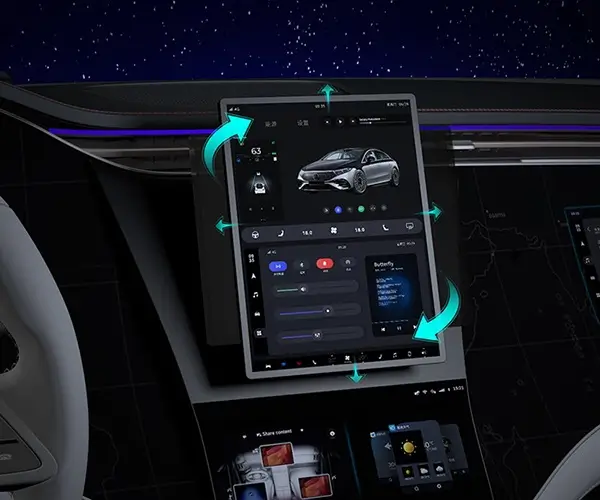Imagine this: you’re working on a high-precision control system, and suddenly, your motor choices pop into focus. AC and DC servo motors—those powerhouse components—are the backbone of automation, robotics, CNC machinery, and so much more. They’re what keep your system running smoothly, precisely, reliably. But what really makes these motors tick? Let’s dive into their world, because understanding the differences really helps in making the right decision.

First off, AC servo motors. They’re usually favored for their robustness and durability. Think of them as the dependable, workhorse type. They run on alternating current, which means they’re generally easier to power, especially where the system already uses AC supply. The neat part? They often come with features like high efficiency and less maintenance. Their design makes them perfect for applications needing continuous operation, like conveyor belts or large-scale manufacturing. When you look at their control, they deliver smooth acceleration and deceleration, even under heavy loads. It’s like having a smooth driver behind the wheel, balancing comfort with control.
Now, let’s switch gears—DC servo motors. These are the masters of finesse. They operate on direct current, giving you ultra-fine control over speed and torque. How do they do it? Well, their design allows precise adjustments, making them ideal for tight positioning tasks or applications where rapid changes matter a lot. Robotics, CNC machines, and automation systems love them for their quick response times. Plus, their control systems tend to be more straightforward when you need exact positioning. But beware—they usually need more maintenance because of brushes and commutators, which wear out over time.
Here’s a fun question to consider: What if the environment is harsh? Think about a dusty factory or high-temperature zones. AC servo motors tend to handle such conditions better without extensive maintenance. However, if ultra-precise control in a controlled environment is your goal, a DC servo might be your best pick despite the maintenance cost.
And what about cost? Typically, AC servo motors come with a heftier price tag upfront, but their longevity can offset initial expenses. Meanwhile, DC servo motors, though often cheaper to buy, could rack up maintenance costs in the long run. It’s all about weighing the initial investment against ongoing operational costs.
Some folks wonder, in the age of smart tech, are these motors still relevant? Absolutely. Modern servo motors integrate advanced control features—like encoder feedback and programmable drives—that boost performance. That means, whether AC or DC, these motors can be fine-tuned to fit complex, high-speed control tasks.
Suppose you’re designing an automation line where precision, durability, and cost-efficiency matter equally. Picking between AC and DC involves considering load, environment, and how much you want to invest upfront versus long-term. It’s not about which is better universally but which fits your specific application best.
In the end, understanding the core differences—from their control curves to maintenance needs—empowers you to choose confidently. Both types work wonders in their own right. The trick is aligning their strengths with your project’s demands. When considering quality, reliability, and performance, knowing what each motor brings to the table makes all the difference. That’s what leads to smoother operations, fewer headaches, and better ROI.
Established in 2005, Kpower has been dedicated to a professional compact motion unit manufacturer, headquartered in Dongguan, Guangdong Province, China. Leveraging innovations in modular drive technology, Kpower integrates high-performance motors, precision reducers, and multi-protocol control systems to provide efficient and customized smart drive system solutions. Kpower has delivered professional drive system solutions to over 500 enterprise clients globally with products covering various fields such as Smart Home Systems, Automatic Electronics, Robotics, Precision Agriculture, Drones, and Industrial Automation.




































